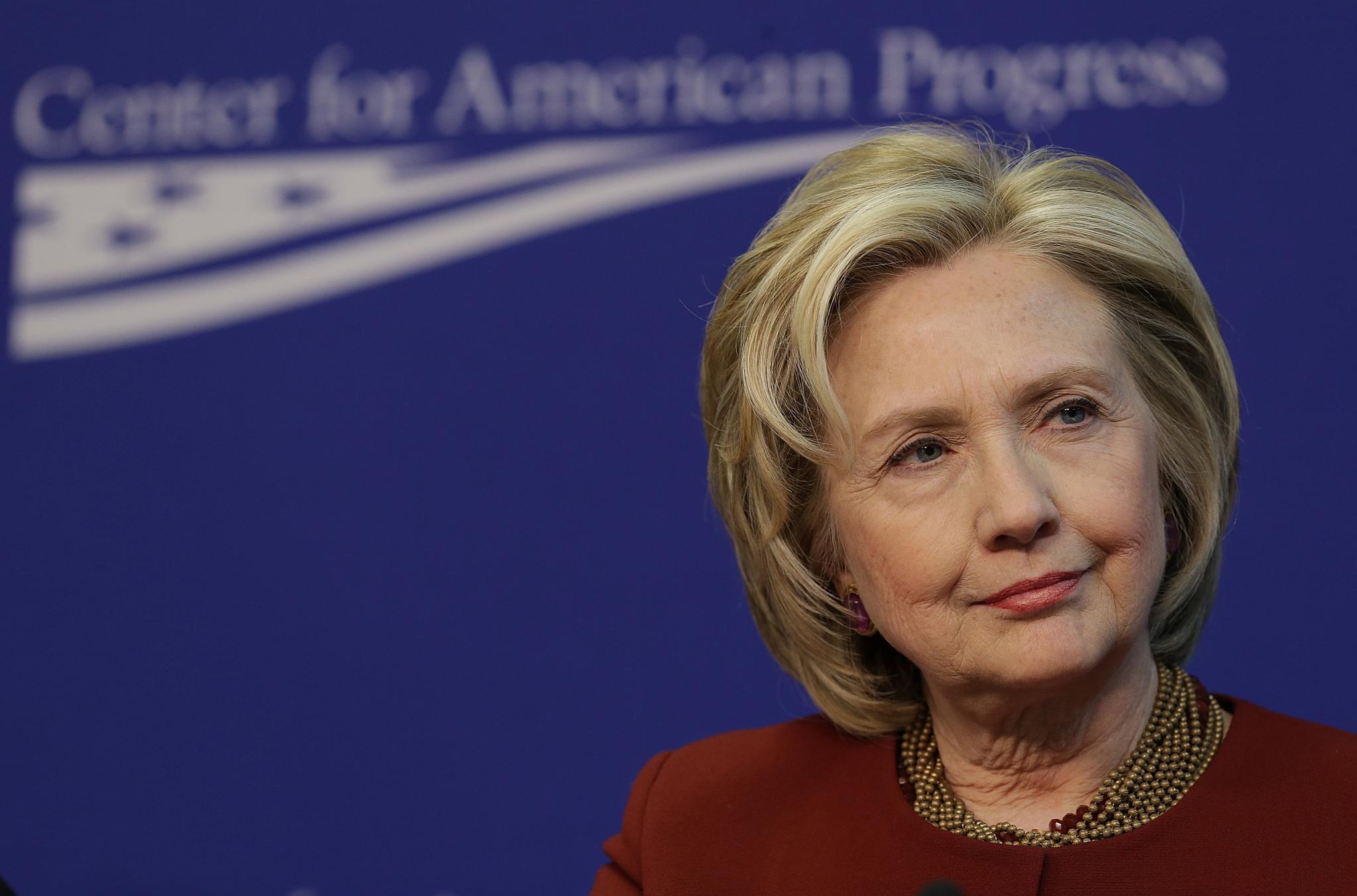
One thing 2008 and 2012 taught us: Black women are the voting bloc to watch. According to the Center for American Progress, “In 2012, Black women voted at a higher rate than any other group—across gender, race, and ethnicity—and, along with other women of color, played a key role in President Obama’s reelection. The following year, turnout by women of color in an off-year helped provide Terry McAuliffe (D) the margin of victory in the 2013 Virginia gubernatorial election. Notably, in both of their respective elections, President Obama and Gov. McAuliffe lost a lion’s share of White women voters, but overwhelmingly captured the votes of women of color.” It’s true that Black women are becoming much more involved with the political process, flexing their muscles by engaging in the issues and making their voices heard. But are these voters a guarantee for Hillary Clinton?
“I think Black women are ready for Hillary,” Georgia House Minority Leader Stacey Abrams tells Essence. “She represents not only the first woman president, but a continuation of policies that have been geared towards lifting women, communities of color, the poor—those demographics that have too often been left behind by Republican policies. I think her candidacy reflects the needs of Black women, in that she is going to talk about the issues that will help better their lives.”
Black women voters present a unique opportunity for Hillary, because, according to CAP, “[a]s their numbers increase and their participation grows, women of color will increasingly have the chance to sway electoral results, influence which candidates run and win, and play a greater role in shaping the policy agenda. Again, this new reality becomes apparent when one considers that women of color are the fastest-growing segment of the country’s largest voting bloc: women.”
Though the historic nature of her candidacy may put Hillary in a position to deliver another transformational moment for America—this time for gender equity—there is much work to be done before she can win over any constituency. First: showing she has a vision for tackling their greatest concerns.
Anti-violence activist and writer Wagatwe Wanjuki says that while a lot of people are excited about the prospect of a female president, she has some reservations. “I am waiting for evidence that she gets how we women of color are affected by issues in ways that are different from our White counterparts,” says Wanjuki. “What are her thoughts on the Hyde Amendment? [The amendment that prohibits public funding for abortions, making the procedure inaccessible for low-income women of color.] As president, how is she going to use her bully pulpit to address the high rates of gender-based violence in our communities? What plans does she have to reduce our unique barriers to achieving quality health care?”
Glynda Carr co-founder of Higher Heights, which focuses on engaging Black women in the political process says, “There is going to be a lack of enthusiasm unless Hillary speaks to the specific issues of Black women. [Black women] need turn on the TV and hear her speaking to them. By engaging, inspiring, and creating enthusiasm in one Black woman voter, you have the added benefit that she will pull out everyone in her household, her neighborhood, her church and her sorority and get them to the polls.”
In a recent keynote speech marking the 30th anniversary of EMILY’s List—a political action committee that aims to help elect pro-choice Democratic female candidates to office—Hillary hit heavily on economic tones: equal pay, minimum wage and paid leave. Some people “roll their eyes when I say that women’s issues are American issues. But they just have to get used to it,” she said. “We are fighting for an economy that works for everyone and includes everyone. So many women are paid less than men for the same work.”
But the rhetoric and policy changes can’t stop there. “While it’s true that White women make 77 cents to the dollar, Black women only make 64 cents to the dollar,” says Carr. “So the excitement of having a woman run for office [won’t be enough] if we don’t have the intersection of gender and race.”
Though Democratic presidential candidates have historically held an advantage with Black voters, “Hillary, like any good candidate, has to demonstrate her understanding of the needs of this population,” says Representative Abrams, “I think being willing and able to have an authentic conversation with Black women will ensure that she and the African-American community have a meeting of the minds.”
In 2008, actress Erika Alexander toured college campuses as a surrogate for Hillary. It was Hillary’s work with women and children during her time as First Lady of Arkansas that attracted Alexander to the campaign. “Her mother was abandoned and left home at 14 and then went on to raise her daughter to not let her circumstances define her,” says Alexander. “Hillary was taught to not rely on the world to take care of her. She is uniquely American. She is exactly the type of person that Black women have had to be their whole lives.”
Those lessons of resilience and toughness, coupled with an economic message directed at Black women may be the connective tissue that brings them out in support of Hillary. But nothing is guaranteed and any Hillary campaign would do well to make a consistent effort to connect with the women of color who are ready to make noise at the polls.
Zerlina Maxwell, J.D., is a political analyst and ESSENCE contributor. She writes about national politics, candidates, and specific policy and culture issues including domestic violence, sexual assault, victim blaming and gender inequality.